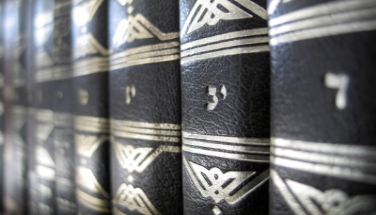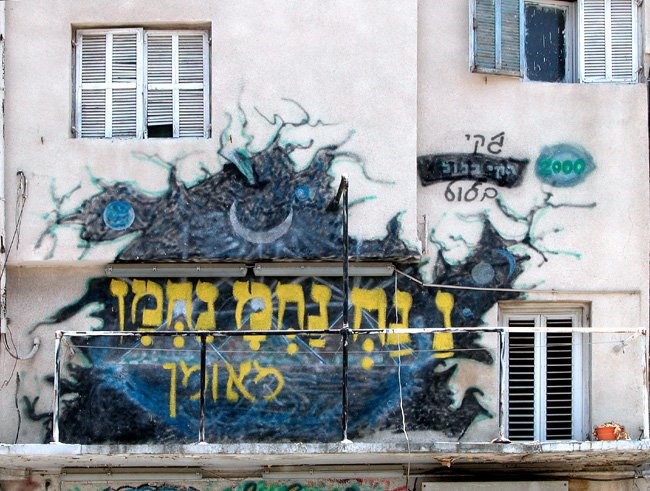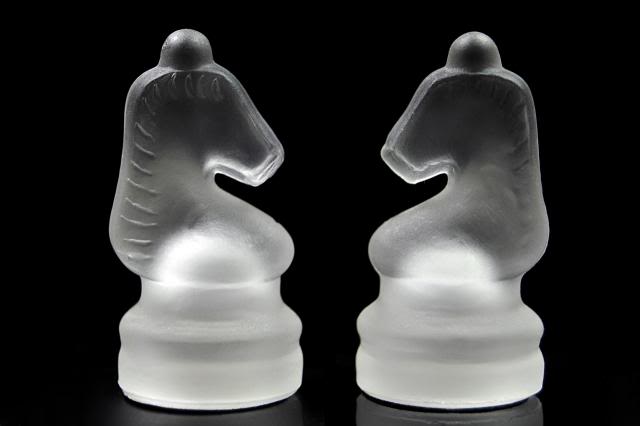
Torah
Parashat Yitro: Of Buttons and Love
By Rabbi Nachman Kahana

Inspiration
Parashat Be’sha’lach – Wise Men and Swept Up in History
By Rabbi Nachman Kahana

Torah
Parashat Va’era: A Friend of Israel
By Rabbi Nachman Kahana

Israel
Parshat Shemot: Running
By Rabbi Nachman Kahana

Torah
Parshat Vayechi: Forget and Forgive
By Rabbi Nachman Kahana

Israel
Parshat Vayigash: God’s Decree Will Not be Thwarted
By Rabbi Nachman Kahana

Chanukah
Parshat Miketz, Shabbat Chanukah II – Blind, In Need of Godly Intervention
By Rabbi Nachman Kahana

Chanukah
Prashat Vayeshev, Shabbat Chanukah: Disproportionate Quantities
By Rabbi Nachman Kahana

Israel
Parshat Vayishlach: Prostrating Leadership
By Rabbi Nachman Kahana

Torah
Parshat Vayetzei: In Search of Truth
By Rabbi Nachman Kahana
Subscribe To The OU’s Shabbat Shalom Weekly Newsletter
Weekly email newsletter filled with articles, Divrei Torah, upcoming events and more! Sign up today.